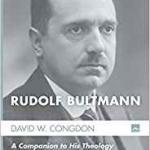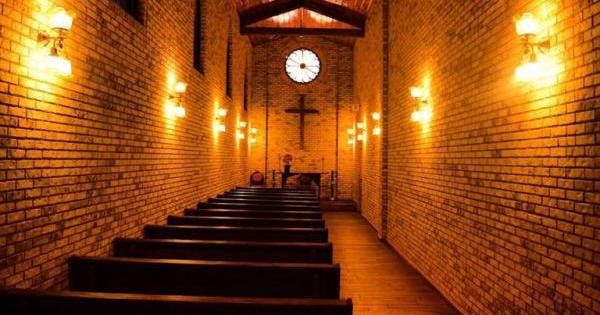Last Fall I taught a course called Death, Evil, and Alienation, at United Theological Seminary of the Twin Cities. The course revolved around the work of Ernest Becker, in particular The Denial of Death.
![Hugo Simberg [Public domain in US], via Wikimedia Commons](https://wp-media.patheos.com/blogs/sites/503/2016/09/Hugo_Simberg_Garden_of_Death-e1473089474615.jpg)
The course wasn’t just about death. It was about the “life instinct,” or the impulse toward preservation and the ways in which religion intersects with that impulse, for good and for ill.
Here’s a taste from that interview.
The extent to which religion can be a force for good or a force for evil, either constructive or destructive, that was a very profound point that kept coming up in our conversations. The power of religion to go either way, either direction—and it can shift on a dime. It can be incorporated into a message of peace and of project of love, or it can motivate the spread of conflict and violence and other destructive behavior. I would put a point on it to say, if you teach Becker in a seminary or religious context, that ambiguity and instrumentality of religion is something you really wrestle with. And that’s where theology in its critical mode becomes so important.
For the full interview transcript, with more info about both my course, the seminary where I teach, and Becker’s theories, click here.











